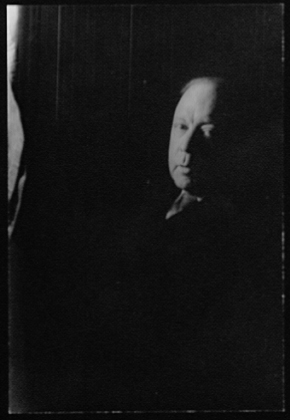|
Friends Of Soviet Russia
The Friends of Soviet Russia (FSR) was formally established in the United States on August 9, 1921 as an offshoot of the American Labor Alliance for Trade Relations with Soviet Russia (ALA). It was launched as a "mass organization" dedicated to raising funds for the relief of the extreme famine that swept Soviet Russia in 1921, both in terms of food and clothing for immediate amelioration of the crisis and agricultural tools and equipment for the reconstruction of Soviet agriculture. From 1927 the organization was known as the Friends of the Soviet Union (FSU) and was the American national affiliate of a new international authority known as the International Association of Friends of the Soviet Union. Organizational History Early work The Friends of Soviet Russia proved successful in raising funds for Russian relief, generating about $750,000 and clothing worth an additional $300,000 during the first 14 months of its existence. The funds were raised transparently, with the name ... [...More Info...] [...Related Items...] OR: [Wikipedia] [Google] [Baidu] |
Robert Morss Lovett Robert Morss Lovett (December 25, 1870 – February 8, 1956) was an American academic, writer, editor, political activist, and government official. Background Lovett was born in Boston, Massachusetts, and graduated from Harvard University in 1892. While a student at Harvard, he joined Delta Upsilon fraternity. Career After a period teaching at Harvard, Lovett came to Chicago in 1893 to teach writing and English literature at the University of Chicago. He was assistant professor of English (1894–1904); associate professor from 1904 to 1909; and full professor from 1909 onward. From 1903 to 1920 he was dean in the junior college. He was a member of the National Institute of Arts and Letters. Professor Lovett was the a |
